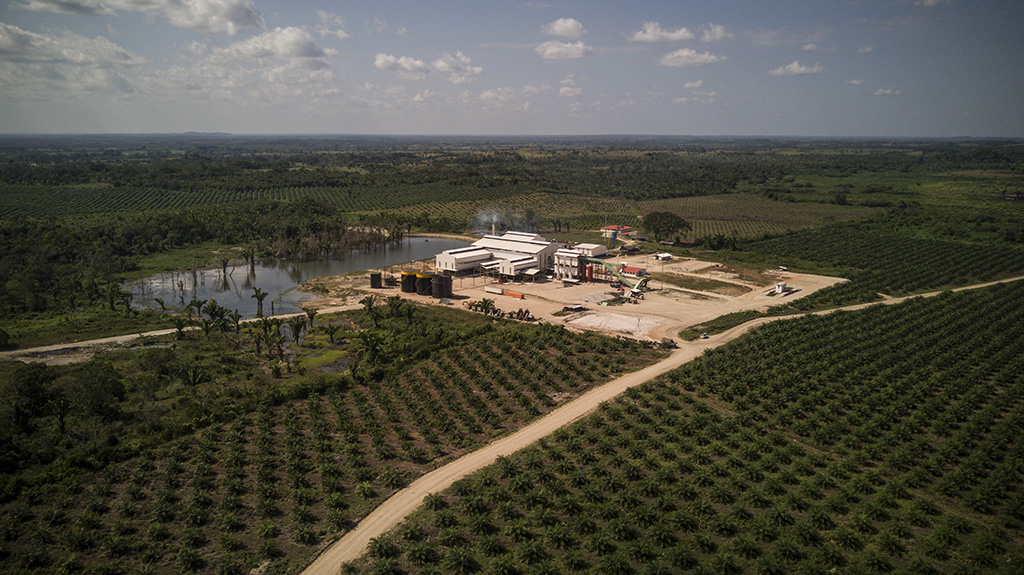Earlier this week, UN Rapporteur for the Rights of Indigenous Peoples, Vicky Tauli-Corpuz, visited Maya Q’eqchi land rights defender Abelino Chub Caal, imprisoned for 15 months on baseless charges, and denounced racism and unequal access to justice in Guatemala. As Tauli-Corpuz explained, the case of Chub Caal is just the tip of the iceberg.
In recent years, thousands of indigenous Guatemalans have been subjected to arbitrary detentions and arrest orders when speaking out for their rights. Just this week, two indigenous land rights defenders, Luis Marroquín and José Can Xol, were killed in different parts of Guatemala.
On Tuesday, Guatemalan Judge Claudette Dominguez, finally sent the case of Q’eqchi indigenous land rights defender Abelino Chub Caal to trial for the charges of aggravated land grabbing and illicit association, despite an overwhelming lack of evidence against him. She denied him bail based on the argument that he might return to his community to resume activism.
Judge Dominguez has a record of imprisoning indigenous leaders on baseless charges and favoring the rich and powerful. She has recently come under criticism from the UN International Commission against Impunity and Corruption for ruling that a military officer had immunity from prosecution. In 2015 and 2016, she kept Maya Q’anjob’al leader Rigoberto Juarez in jail for 16 months before a tribunal of 3 judges found him innocent of the politically motivated charge.
Chub Caal has already been in jail since February 2017, while lawyers for agribusiness companies have tried to build a case against him. Unless he is granted bail on appeal, or the case is dismissed, we fear that he will remain in jail for many more months. Such delay tactics are frequently used to harass and pressure indigenous political prisoners in Guatemala.
The charges against Chub Caal date back to a late 2016 when numerous indigenous communities in the Izabal region acted to reclaim land that had been taken from them by palm oil, banana, and mining companies. Chub Caal was working on community land rights with the Guillermo Toriello Foundation, an organization dedicated to the implementation of the Guatemalan Peace Accords.
Indigenous peoples make up the majority of the Guatemalan population but they are ruled over by a non-indigenous elite, and have suffered racism and marginalization for centuries. Extreme inequality in access to land led to the Guatemalan Civil War, and a genocide in which 250,000 indigenous people were killed by the Guatemalan military. Through the Peace Accords, the Guatemalan government, supporting governments and international institutions were supposed to address the problem of indigenous land rights. So far, they have failed to do so.
Lawyers for the agribusiness companies, Cobra Investments and CXI S.A., have alleged that Chub Caal is responsible for damages to their company on the August 7, 2016 when the community of Plan Grande reclaimed their land, even though Chub Caal was not present. The witnesses that will be called against Chub Caal are employees of a different plantation, El Murcielago. Chub Caal was called to the scene of that land conflict as a mediator by a representative of the Presidential Commission on Human Rights.
Local powerbrokers got arrest warrants issued against Chub Caal and four other indigenous leaders in October of 2016 in their efforts to repress the indigenous movement, but only Chub Caal was targeted for arrest in February 2017. He has been held in jail ever since.
The visit Chub Caal received this week from the United Nations Special Rapporteur Vicky Tauli-Corpuz is indicative of the growing international concern about the violation of indigenous rights in Guatemala. Countries that provide assistance to the Government of Guatemala, such as the United States, must increase the pressure on Guatemalan authorities to put an end to these abuses.



